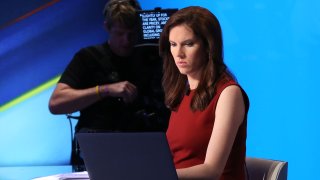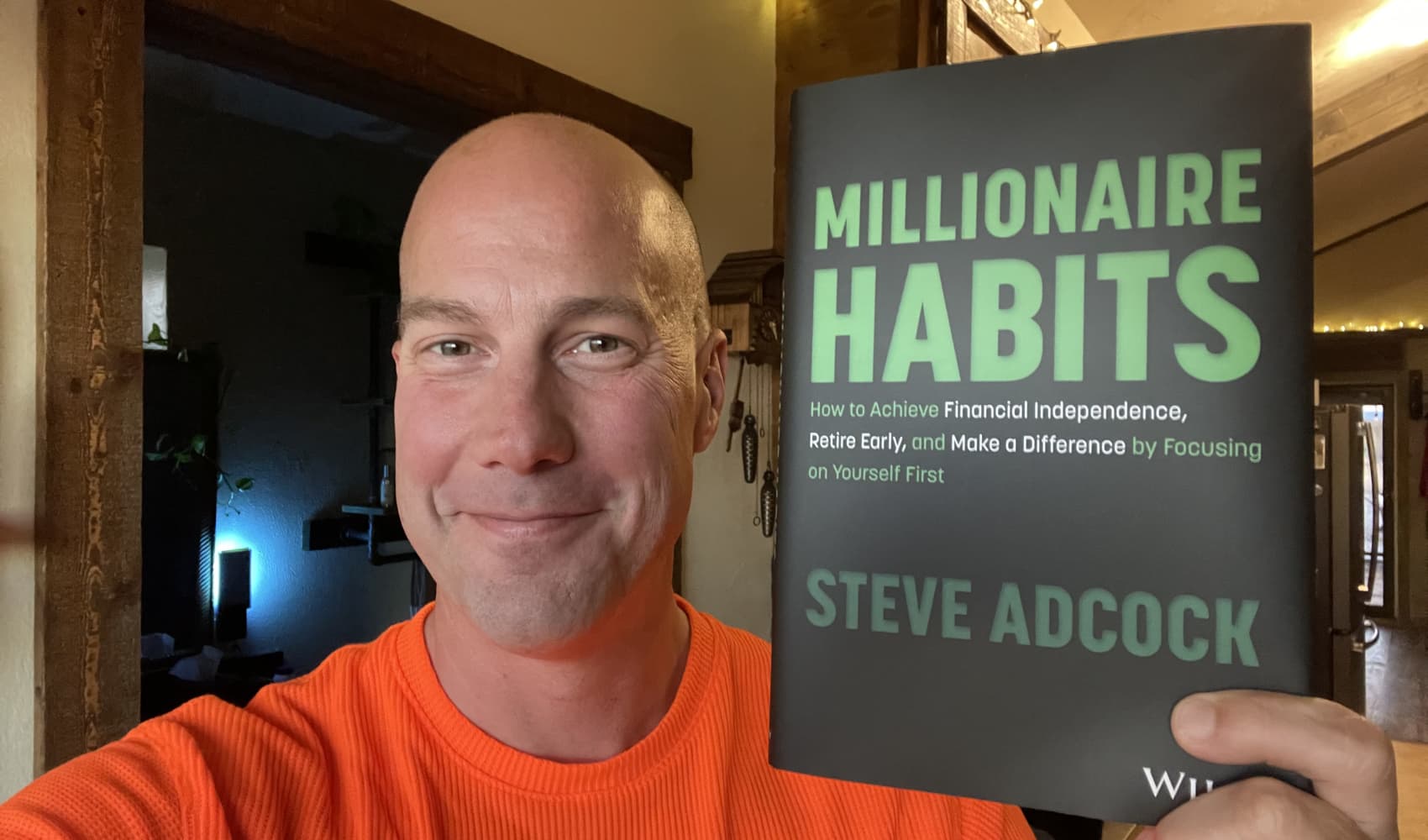
I tweeted the other day, when markets were plunging and the odds of Fed rate hikes were falling and commentators were warning there's no way they can hike seven times this year now, that "I don't see the dovishness everyone else."
"I see real yields PLUNGING--when we already have [a] historic labor shortage and core PCE [expected to be] nearly 4% by year-end per Goldman's latest forecast. Mortgage rates falling. Oil prices spiking. Supply backlogs up. All counter to Fed's objectives," I wrote.
And sure enough, Fed chair Jerome Powell was appearing before Congress yesterday to give his seminannual monetary policy report. In no uncertain terms, he backed a rate hike at the Fed's upcoming meeting on March 15-16. Specifically, Powell said he was "inclined to propose and support a 25 basis-point rate hike"--the kind of plainspeak you rarely hear from Fed chairs, ever, about future tightening plans.
I would have expected the market to tank on that--especially since he backed up his point by saying the labor market is "extremely tight," that if inflation "comes in higher or is more persistently high" they could hike "by more than 25bps at a meeting or meetings," and that the pace of hikes after March are expected to be "like the rate hikes that took place in the first part of this century...[with] rate hikes at every meeting." Instead, stocks rallied. Some say it was because he didn't call for a half-point hike in two weeks--but that wasn't really expected, anyhow. Some days the market is just the market.
Get Connecticut local news, weather forecasts and entertainment stories to your inbox. Sign up for NBC Connecticut newsletters.
Sure enough, Goldman reiterated their call for seven hikes--one per meeting--this year soon after Powell's remarks. The market isn't fully pricing that in yet. Of course everybody is extremely nervous about how poorly events could play out in Ukraine, or even closer to home, based on Russia's continued military action. But as Powell himself noted, we have no idea how those events will play out. What we do know is the impact they already having--an impact that is undoing the Fed's efforts to tighten and lessen inflationary pressures in the U.S. economy.
How so? (1) Interest rates have fallen, from 2.05% on the 10-year Treasury in mid-February to as low as low as 1.68% this week. We're back around 1.87% this morning. The problem with that is inflation hasn't slowed, nor has the economy. (Jobless claims this morning were extremely low.) In other words, rates are too low and are acting to stimulate an already overstimulated economy at the very time that the Fed is trying to remove said stimulus. Mortgage rates, which the Fed is trying to raise, have now actually fallen even as home prices just set another record high.
(2) Inflation expectations have actually risen. In the same time period, since mid-February (prior to the Ukraine invasion), the market's expected inflation rate over five years has surged from 2.9% to nearly 3.25% yesterday. That's nearly a point higher than the highest readings we saw in the decade following the financial crisis. The spike in oil prices--the U.S. benchmark hit a fresh cycle high of $116 this morning--isn't helping. This means "real yields," which I mentioned above, are down even more relative to higher expected inflation rates.
Money Report
(3) The economy isn't stalling, and leading indicators are still strong. Weekly new jobless claims totaled just 215,000 this morning, and the four-week average of continuing claims hit its lowest level since 1970. The monthly jobs reports have been surprisingly strong. Durable goods orders just came in much stronger than expected for January. Same for retail sales. I asked Aneta Markowska of Jefferies if she was worried about the consumer losing momentum this year as their pandemic savings dry up, and she said no, because of the strong wage gains we're now seeing.
So what I mean about all the "wrong" stuff happening is that this is all the opposite of what the Fed is trying to achieve right now. They are, frankly, trying to slow the nominal demand boom we're witnessing by tightening monetary policy. They arguably have to lean harder against that now.
See you at 1 p.m!
Kelly






